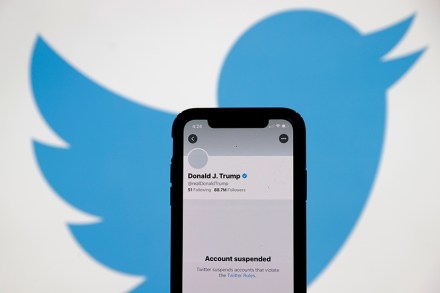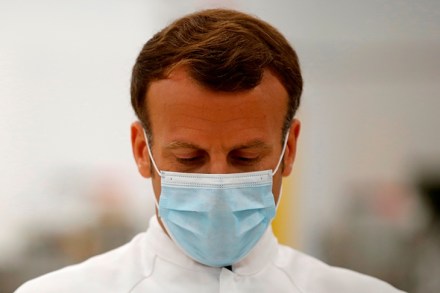Big Tech is turning into Big Brother
The Big Tech social media giants are having to rethink their policy of censoring anybody who suggests that Covid originated from a lab near Wuhan, rather than through some local chowing down on sweet and sour pangolin testicles. This is because it now seems quite possible, if not probable, that the virus was kindly bestowed upon us by Chinese scientists. I don’t know either way, but I would suggest that a suspicion that the virus was man-made, given the proximity of the Wuhan Institute of Virology, scarcely qualifies as a lunatic conspiracy theory to be banned from public utterance. But that’s what the Big Tech companies decided — almost certainly




















